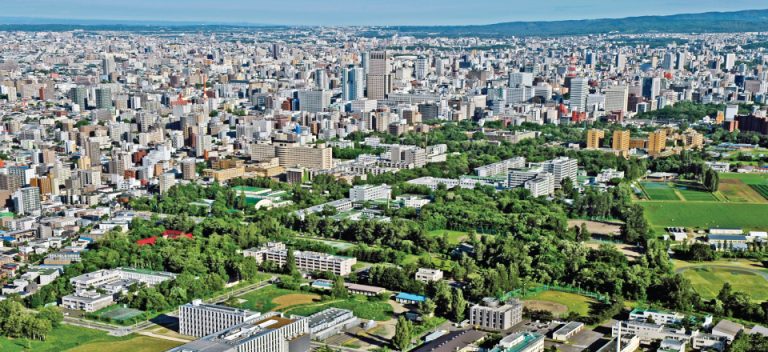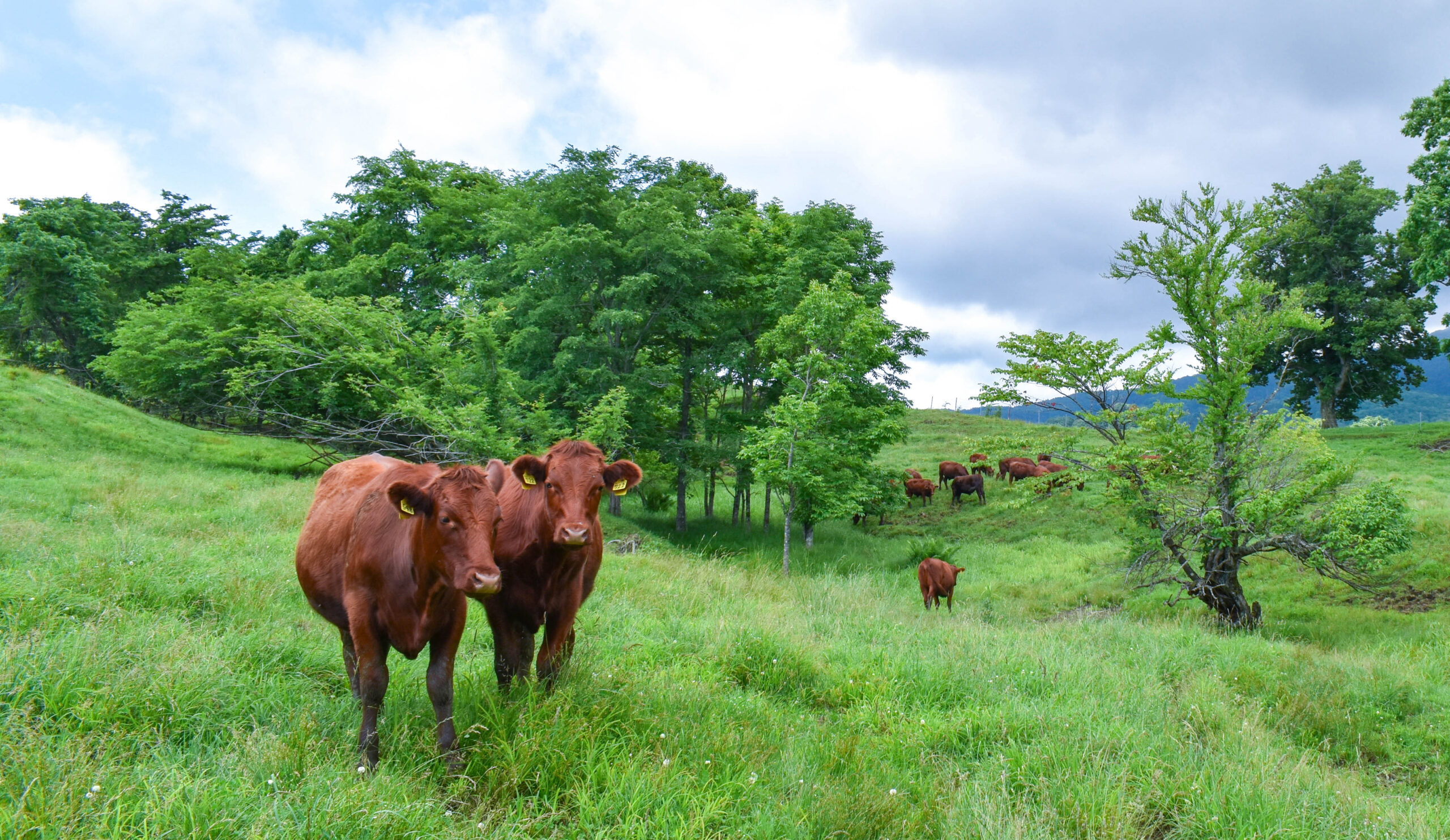The Campus
The vast and most beautiful campuses in Japan
Hokkaido University has campuses in Sapporo and Hakodate. The Sapporo campus, known for its beauty, boasts expansive land and lush greenery in the heart of the city. The Hakodate campus, located in the scenic port town, houses the School of Fisheries Sciences. The university also operates various field science facilities across Hokkaido and the mainland.
Voted “Japan’s most beautiful campus” in Asahi Shimbun survey
Won the “Travelers’ Choice Award”
by Tripadvisor
Convenience
at the heart of city,
yet vast and filled
with nature
In the city with
“Very high” SAFETY index according to numbeo.com
*These claims are for the Sapporo Campus.
In Numbers
A comprehensive and globally recognized university
Hokkaido University consistently ranks first in Japan in THE Impact Rankings for its global contributions to the SDGs and is home to two Nobel laureates. With 12 undergraduate schools, 21 graduate schools, and around 20,000 students from Japan and abroad, it is one of Japan’s most comprehensive universities.
- undergraduate students0
- international students from0countries/regions0
- graduate students0
- Nobel Prize laureates0
- faculty and staff0
- schools and0graduate schools0
- in Japan according to THE Impact Rankings 2020-20240
- alumni0
- in Asia according to THE Asia University Rankings 20240
History
150 years of pioneering spirit and “Be ambitious” motto
Our predecessor, Sapporo Agricultural College was founded in 1876 to develop cold-region agriculture and train future professionals. Faculty members invited from the United States, including Dr. William S. Clark, laid the foundation for liberal arts and English education. Dr. Clark’s motto, “Be Ambitious,” remains deeply embedded and continues to inspire the community.
Faculty members and their families from the US in the University’s early days.
Sustainability
Spirit of Sustainability encoded in its DNA
Hokkaido University boasts various research facilities focused on field research and practical application. Its campuses are registered in an international biodiversity conservation database due to ongoing efforts to preserve ecosystems. The university is globally recognized as a leader in sustainability education and research.
First in Japan in THE Impact Rankings, showcasing its contribution to SDGs.
Diverse field research facilities, including vast research forests and aquatic stations.
The campus registered in
an international biodiversity conservation database OECM.











